Motivate. Measure. Implement. Repeat.
The Tech Paradox: From Shiny Tools to Smart Strategy
The social tech space is full of shiny new platforms that promise the world but often end up collecting digital dust. Not because the tech is bad, but because businesses are not ready for it.
We call this the Tech Paradox:
Most companies do not have a tech problem. They have a readiness problem.
This guide is your antidote. Whether you are trying to win budget, compare tools, or make sure your next platform actually gets used, this is your roadmap from intention to impact.
No fluff. No thumb-sucking. Just a clear plan that connects social tech to real business results.
Phase 1: MOTIVATE – Build the Business Case
Define your runway before you take off.
Most tech investments fail not because they picked the wrong tool, but because they started with a product instead of a problem. Do not ask for a tool. Ask for a solution.
The C-Suite is not interested in Brandwatch, Hootsuite, or Audiense by name. They are interested in how those tools will move the business needle.
Try this instead:
❌ “We need X platform.”
✅ “We cannot measure sentiment in real-time across markets, which leaves us blind to early reputational risk.”
Framework: The 3R Problem Lens
- Revenue: Will this help us grow, convert, or upsell?
- Risk: Will this prevent reputational damage or compliance breaches?
- Resource: Will this improve efficiency and reduce waste?
Phase 2: MEASURE – Research, Compare & Justify
From “what is out there” to “this is the one.”
Your Research Roadmap
- Start with the problem (use the 3R lens).
- Google wisely — search use cases, not products.
- Ask around — peers in your industry beat review sites.
- Shortlist and demo — no more than 3–5 tools.
- Build a business case, not a PDF of features.
What to Expect in a Demo
Make sure it answers:
- Does this solve the problem we defined?
- How will our team use it day-to-day?
- What will implementation look like?
Why Pricing is Rarely Online
Enterprise-grade tools vary by scale, volume, customisation, and services. Asking “how much is Brandwatch?” is like asking “how much is a vehicle?”
The ZAR Advantage: A Local Bonus That Matters
If you are based in South Africa or Sub-Saharan Africa, local billing matters:
- Fixed monthly ZAR billing avoids forex risk
- Local invoices simplify procurement
- B-BBEE compliance ticks the governance box
Phase 3: IMPLEMENT – Make It Stick
Buying the tool is only the start. The real value comes from embedding it in your team’s daily work.
Framework: The “Sweat the Asset” Checklist
☑ Dedicated platform owner
☑ Training booked for key users
☑ Workflows and use cases mapped
☑ Regular check-ins with vendor or partner
☑ Success metrics agreed and tracked
The YOUKNOW Difference
When you buy through YOUKNOW, you are not just buying a licence. You are getting:
- Local support and strategic consultation
- ZAR-based pricing for easier budgeting
- Tailored onboarding for your unique team
- Ongoing success plans to prove ROI
- A partner who knows your sector and market nuance
We are here whether you are still building the business case, drowning in demo notes, sitting on a contract but not sure how to activate, or recovering from a tech misfire.
Final Thoughts: Smarter Tech Starts Here
You do not need every tool. You need the right one, at the right time, with the right support.
The next time someone says “we need a platform,” ask:
- What is the business problem?
- Who is involved in solving it?
- How will we know it is working?
Ready to start your tech journey?
Book a strategy call with the YOUKNOW crew.
Let’s turn your next tool into your team’s unfair advantage.
.avif)



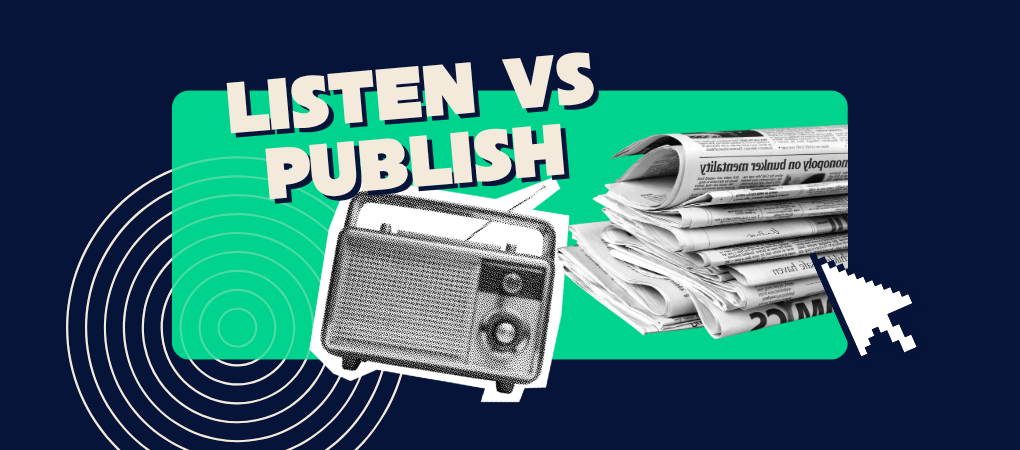



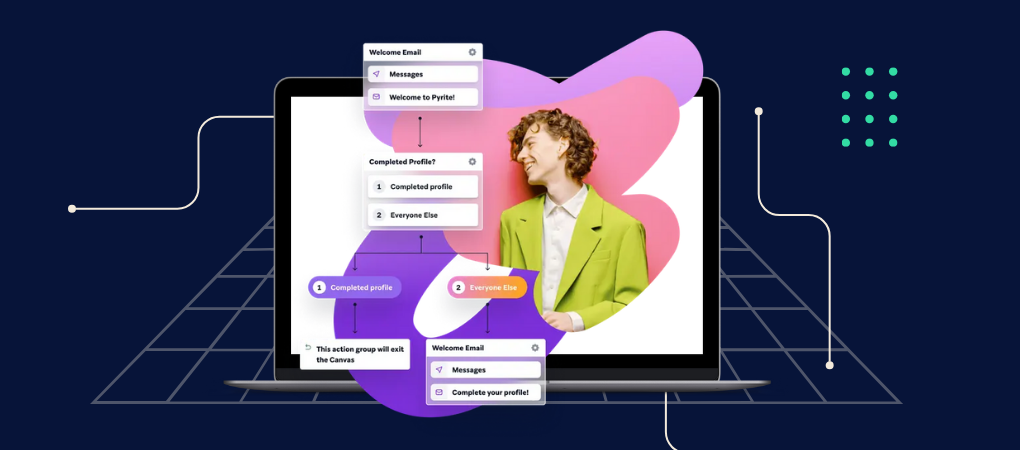


.png)
.png)
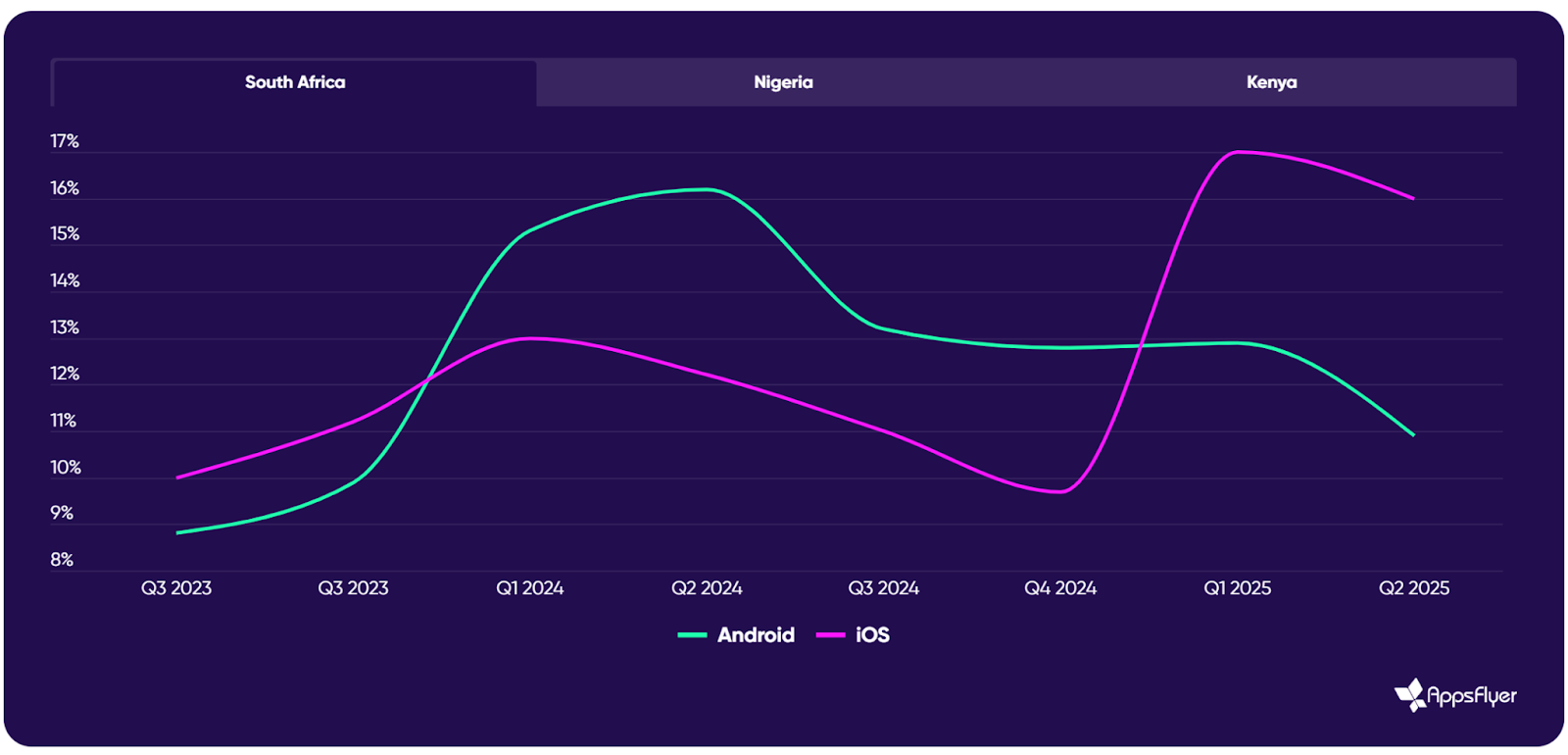
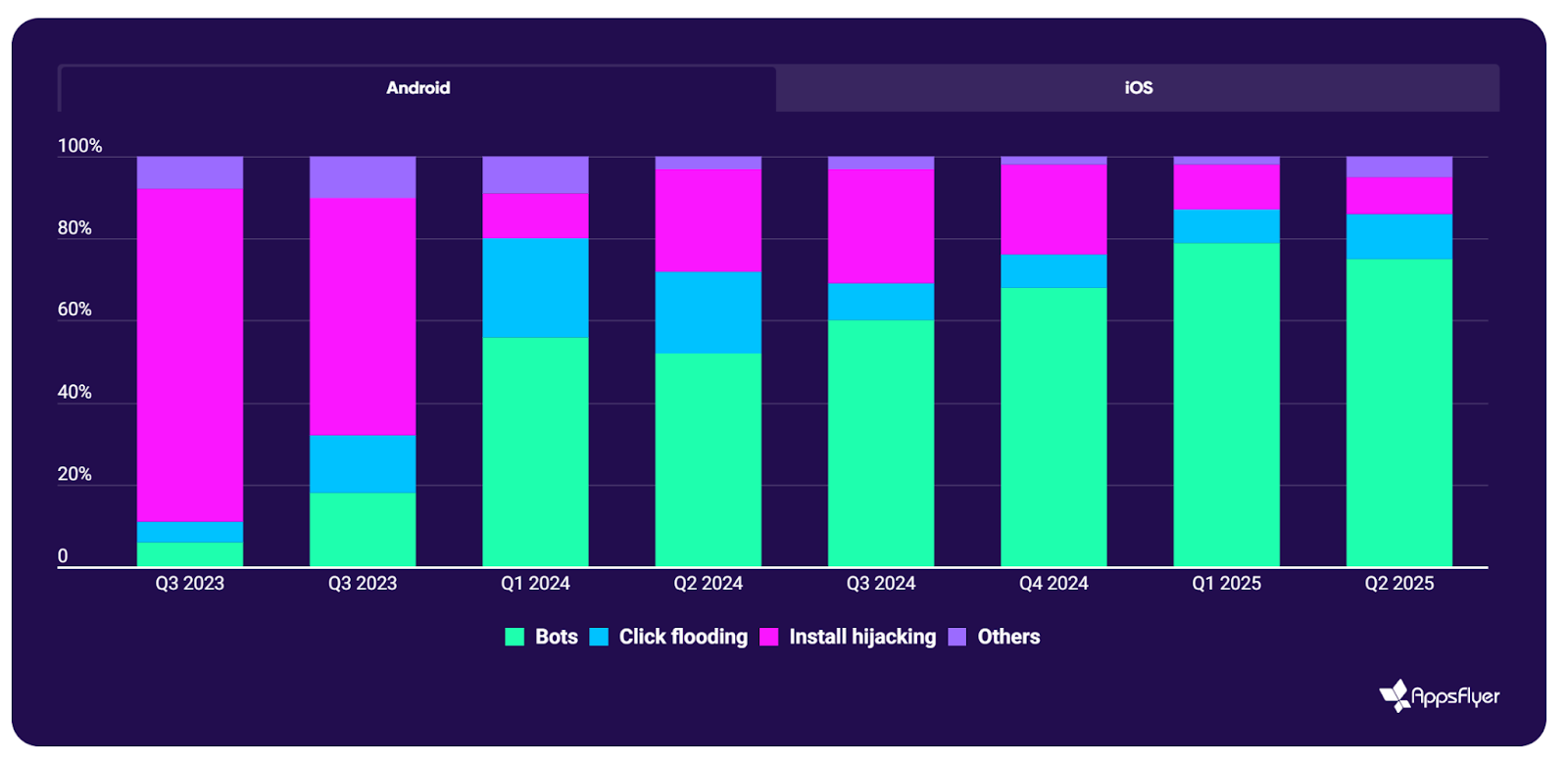
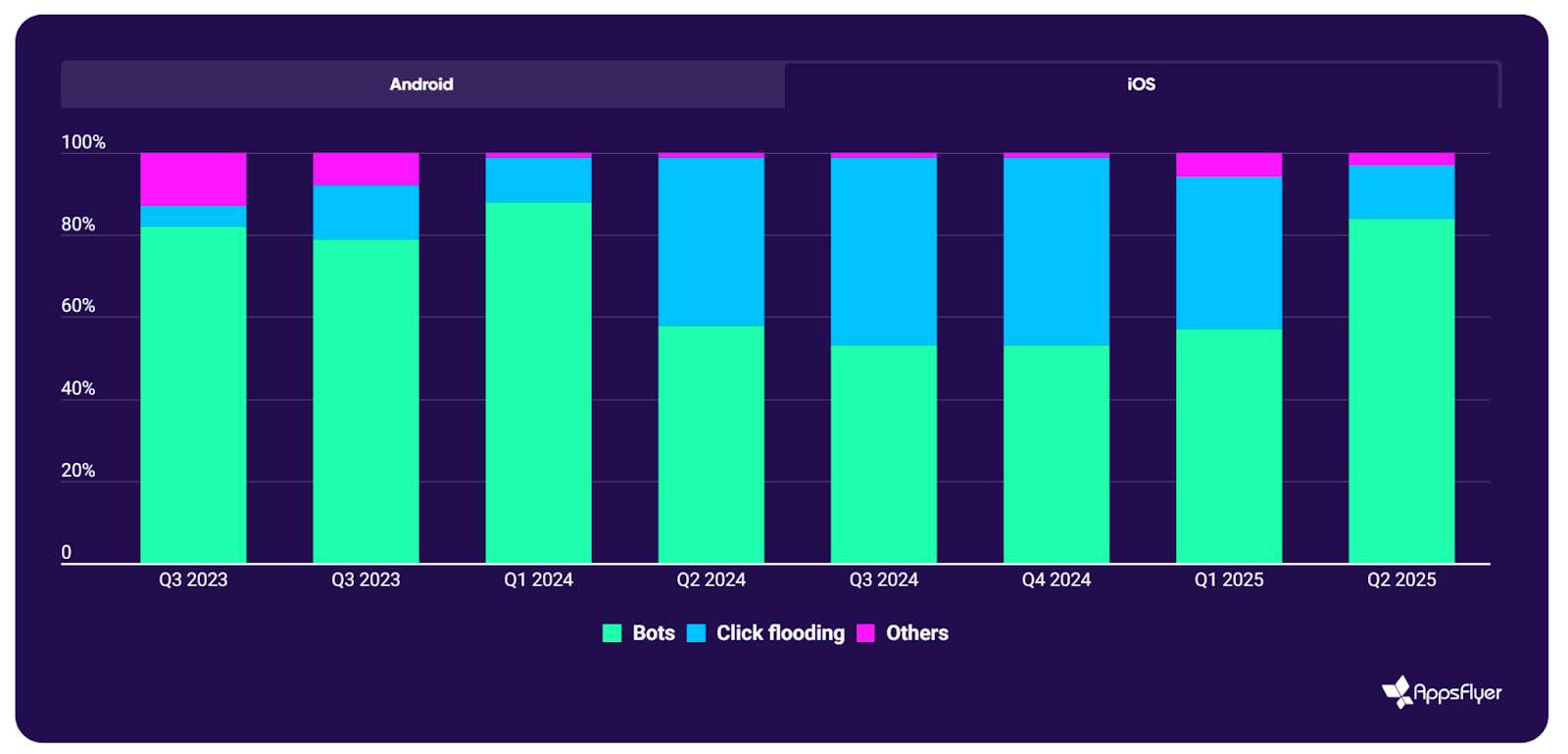
.png)
















.svg)